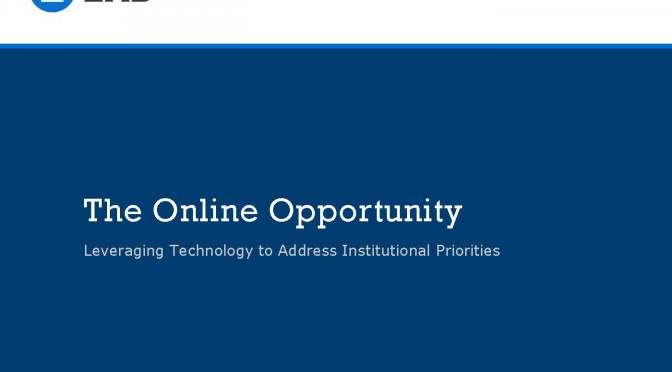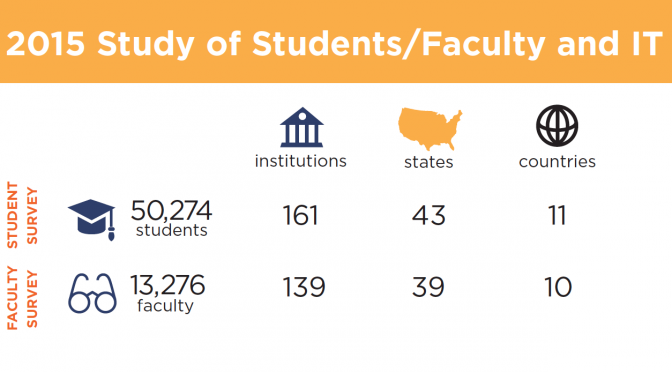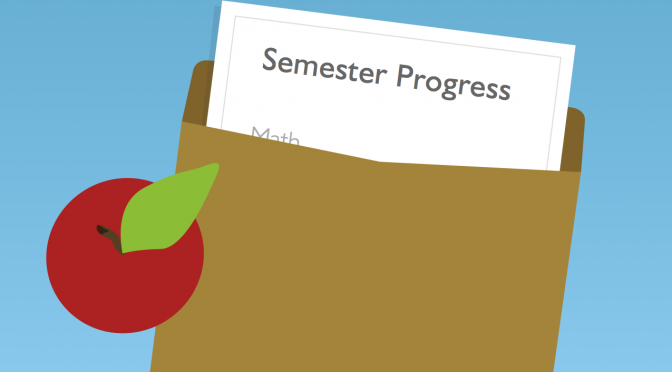A summary of how summer online courses are developed at the University of Connecticut, and the value they add to the undergraduate residential experience.
Every year, the university offers 35 to 40 new online courses for its shortened summer session, a popular time for students to earn credits away from campus, Associate Director of UConn eCampus Desmond McCaffrey said.
Wright, Bailey. “Students Favor Summer Online Courses for Convenience.” Daily Campus, 3.2.16.


